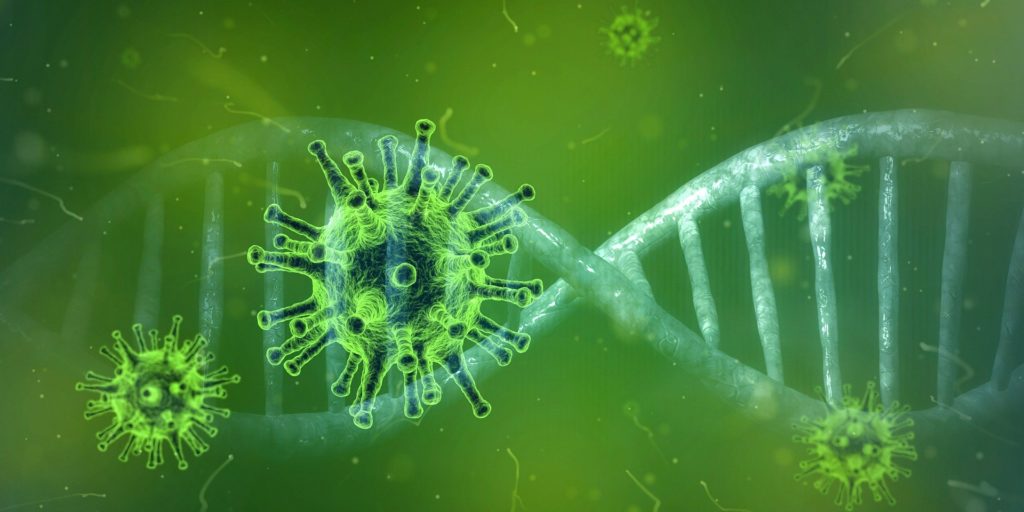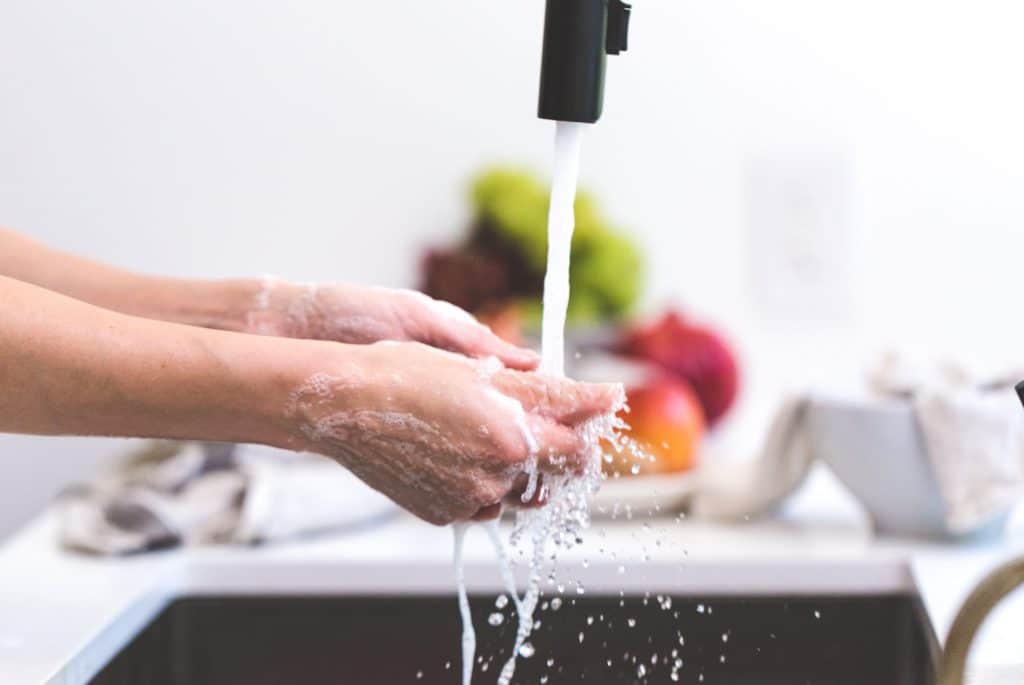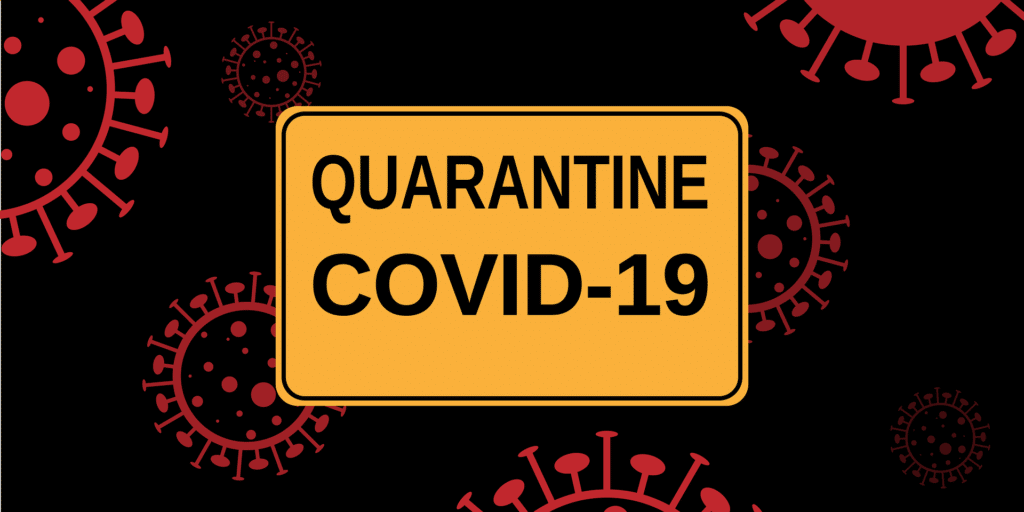What You Need to Know About COVID-19
POSTED IN Mint Presents
By now, most of us have been affected in some way, shape or form by the COVID-19 outbreak. Chances are, you’ve likely seen or have experienced the empty shelves and long lineups within grocery stores, cancelled classes and day cares, or changes in the sick-day policies at work.
With so much information coming across the internet, news reporters, social media, and from family, friends and colleagues, our communities are moving towards a state of panic.
So what exactly do you need to know about this new virus to keep you and your family protected? Mint has the answers.
The Background on COVID-19
 COVID-19 ( Corona Virus Disease 20 19 ) is the respiratory disease caused by the previously unrecognized coronavirus, SARS-CoV-2 (severe acute respiratory syndrome coronavirus
COVID-19 ( Corona Virus Disease 20 19 ) is the respiratory disease caused by the previously unrecognized coronavirus, SARS-CoV-2 (severe acute respiratory syndrome coronavirus
2). This virus shares similarities to the one that had caused SARS (severe acute respiratory syndrome) in that it is a coronavirus, a large family of viruses that can impact humans and animals.
Generally, coronaviruses in humans can cause diseases that affect your lungs. They can range from a minor common cold to more severe situations like SARS.
The good news is that with COVID-19, the majority of cases are minor in nature.
However, more severe cases are being seen in those over the age of 65 and those with pre-existing health conditions that can affect their immune system such as high blood pressure, lung disease, heart disease, cancer, or diabetes.
Symptoms of COVID-19
The most common symptoms of COVID-19 are fever, cough, troubles breathing, and extreme tiredness. Symptoms can take up to 14 days before they can be seen, and in some cases, people may have either very minor symptoms or no symptoms at all.
COVID-19 Transmission
COVID-19 appears to be spreading between people through 3 different ways:
● Droplets produced by those who are infected when they cough or sneeze
● Having close and prolonged personal contact (e.g. touching or shaking hands) with those that are infected
● Coming into contact with a surface that has the virus on it, then touching your mouth, nose or eyes before washing your hands
From what we know about COVID-19, it seems to be mainly spreading through those that are infected and have symptoms. That being said, researchers are still continuing to look for other ways the virus can spread, but believe that transmission from people who don’t have symptoms is rare.

Preventing COVID-19
There are no vaccines, medications or supplements that can prevent COVID-19 at this time.
The most effective ways to reduce your risk of getting COVID-19 include:
● Washing your hands thoroughly for 20 seconds and frequently (especially when you’re sick or after you’ve touched surfaces that haven’t been disinfected)
● Avoiding close contact with others (especially those that are sick)
● Disinfecting surfaces that are frequently touched
● Avoid touching your mouth, nose, eyes, and face before you’ve washed your hands
● Avoid non-essential travel, and cruise ships
● Avoid large public gatherings

Treating COVID-19
There are no medications or supplements that can treat COVID-19 at this time.
Most people who get COVID-19 will develop minor symptoms and will recover on their own without any treatment. Those that get the more severe form of the disease may require more intensive health support within a hospital setting.
That being said, regardless of how minor your symptoms may be, if you have symptoms such as cough, fever, and difficulty breathing and are worried that you may have COVID-19, stay home, separate yourself from others in your house and contact Health Link 811 (Alberta) or your healthcare provider for further direction.
If your symptoms are more severe and you are severely ill, contact 911 and let the dispatcher know about your concern, symptoms and whether you’ve recently travelled or have come into contact with anyone that’s travelled.
Do not go into your healthcare provider’s office or a healthcare facility without contacting Health Link 811 or your healthcare provider first.
References:
1. https://www.cdc.gov/coronavirus/2019-ncov/casesupdates/summary.html
2. https://www.cdc.gov/coronavirus/2019-ncov/prepare/transmission.html?CDC_AA
_refVal=https%3A%2F%2Fwww.cdc.gov%2Fcoronavirus%2F2019-ncov%2Fabout%2Ftransmission.html
3. https://www.canada.ca/en/public-health/services/diseases/2019-novel-coronavirus-infection.html
4. https://www.albertahealthservices.ca/topics/Page16997.aspx#flu
5. https://www.canada.ca/en/public-health/services/diseases/2019-novel-coronavirus-infection/symptoms.html
6. https://www.canada.ca/en/public-health/services/diseases/2019-novel-coronavirus-infection/prevention-risks.html
7. https://www.albertahealthservices.ca/assets/info/ppih/if-ppih-covid-19-environmental-cleaning-public-facilities.pdf
8. https://www.who.int/emergencies/diseases/novel-coronavirus-2019/advice-for-public/myth-busters
